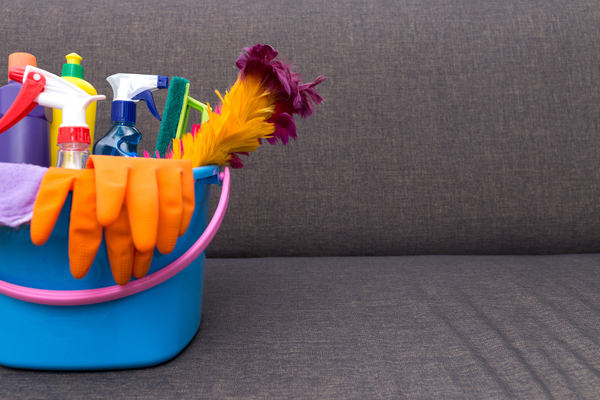By Julie Cliff
Have you got too much to do and not enough time? Is it leaving you exhausted?
My clients tell me they’re always picking up after their kids, which leaves them feeling very frustrated.
To reduce the frustration, get the family on board to ensure they’re giving you the help you need.
Here are five strategies to get the kids helping out in the household:
It’s a team effort
Firstly, explain to your family the importance of getting jobs done each week and that it’s a joint effort – not the responsibility of one person – to run the household. It seems quicker to pick things up yourself, but in the long run it is worth spending time to teach them to do it themselves.
Now recruiting
Make each family member a part of the family budget. Draw up a simple employment contract, outline a job description and pay them for tasks they are hired to do.
Fifteen minutes of power
Draw up a list of what you really need to get done each week. Have family members choose a task to work on for ‘15 minutes of power’ after dinner. Put the timer on for 15 minutes, play some music and get as much done as you can before the timer goes off.
This may be getting the kids to fold their laundry and put it away in their drawers. Get someone to grab the vacuum cleaner or dust the credenza. Just 15 minutes of this sort of help each night saves you a lot of time by the end of the week.
Choose age appropriate jobs
Many of us can start getting the kids involved in the household chores much earlier.
The Raising Children Network has a great age-appropriate jobs list on its website (https://raisingchildren.net.au/toddlers/family-life/chores/chores-for-children)
For toddlers, the jobs are as simple as picking up their toys and books. Chores suitable for preschoolers include setting the table for meals and helping with hanging out the washing. Jobs suggested for school-aged children include feeding pets, watering plants, putting away the dishes and taking out the rubbish.
Jobs first, play later
Ensure all jobs for the day are ticked off before any electronic devices are turned on. It may take some effort to implement this (and there will probably be tears and tantrums), but you will get there if you stick at it.
Next steps?
As kids learn these lifelong skills they will receive a boost of self-esteem as they can feel they are getting better at the particular task and contributing to the household. You get the help that you need and it results in less stress.
Try one of the five suggestions this week and soon the kids will be doing the job without being asked!
Julie Cliff is a Professional Organiser at Space and Time, which helps busy mums live easier, less stressful lives through simple and easy to implement organising systems. Sound familiar? Julie would love to hear from you – info@spaceandtime.com.au








